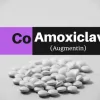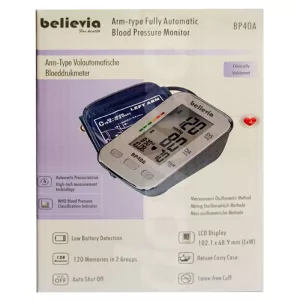Clopidogrel – An Anti-platelet Agent
Introduction
The prescription used to minimize risk of cardiovascular disease and stroke in people who have a high risk is Clopidogrel, offered under the brand name of Plavix, Lowplat, Noclot and among others. It is also used in heart attacks along with aspirin and after the coronary stent has been placed (dual antiplatelet therapy). The mouth is taken. The impact lasts around two hours and five days
Class of Medicine
Clopidogrel belongs to the Antiplatelet Agents class of medicines. It keeps platelets (a kind of blood cell) from clumping together and producing a potentially fatal blood clot. If you have a higher risk of blood clots, using clopidogrel can help you avoid them.
Mode of Action
Clopidogrel undergo chemical conversion by metabolic processes, that is activated in two phases, first by CYP2C19, CYP1A2, and CYP2B6, and secondly by CYP2C19, CYP2C9, CYP2B6, and CYP3A. The active metabolite then blocks the P2Y12 subtype of ADP receptor, which is necessary for platelet activation and eventual cross-linking by the protein fibrin, in a particular and irreversible manner. Platelet inhibition can be seen two hours after taking a single dose of oral clopidogrel, but because the beginning of action is sluggish, a loading dose of 600 or 300 mg is used when a quick effect is required.
How should this medicine be used?
Clopidogrel is available as a tablet that must be swallowed. It’s taken once a day, with or without food. Clopidogrel should be taken at the same time each day. Follow the directions on your prescription label carefully, and if there is anything you don’t understand, ask your doctor or pharmacist to explain it to you.
Common Side Effects
Headaches or dizziness.
Nausea.
Diarrhoea or constipation.
Indigestion (dyspepsia)
Stomach ache or abdominal pain.
Nosebleeds.
Increased bleeding (your blood taking longer to clot – for example, when you cut yourself), or easy bruising.
Important Warning
Warning: Serious Bleeding
Clopidogrel may cause you to bruise and bleed more readily, as well as nosebleeds and bleeding that lasts longer than usual. Any significant bleeding, such as unexplained, persistent, or heavy bleeding, should be reported to your doctor. You have blood in your urine or faeces.
If you have a peptic ulcer or a bleeding issue, you should not use clopidogrel unless a physician advises you otherwise. If you have liver or kidney problems, you should use clopidogrel with caution. Clopidogrel should not be given to anyone under the age of 16 unless under the supervision of a doctor.
Available Brands (list can be updated in future)
Plavix
Lowplat
Noclot





